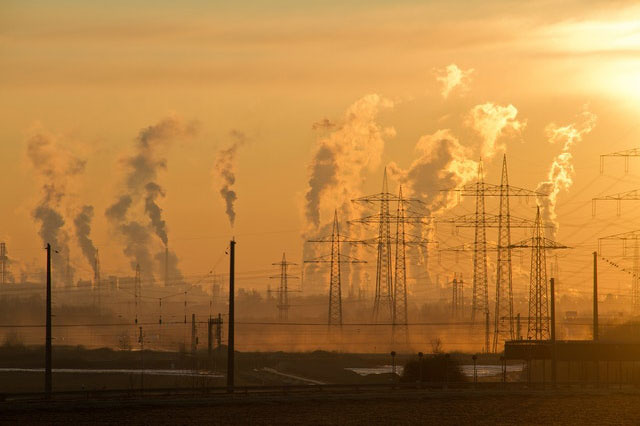Johannesburg — As South Africa tries to combat its ongoing energy struggles, the proposed Integrated Energy Plan has received a thumbs down from energy experts.
Government released the long-awaited draft to the public for comment last week. In the draft, government revealed that it wanted to show how electricity supply and demand would be balanced until 2050, eNCA reported.
However, energy experts were unconvinced by what the document said, saying it lacked clarity and did not give any comprehensive details on how the country would overcome the rolling blackouts. Energy expert, Chris Yellend, expressed some of his major concerns when it came to the energy plan.
“The first concern is that it is predicting ongoing loadshedding for the next several years and doesn’t present a clear plan on how to get out of this. Second of all, it is very vague. It doesn’t go into any kind of detail at all as to what is the plan and how do we get out of where we are at the moment. Thirdly, the economic assumptions on which this plan is based, is simply not given, and nor are the technology costs which are necessary for the costs of the scenarios and options before us, ” Yellend said.
[ON AIR] @DMRE_ZA Minister @GwedeMantashe1 has now formally released the integrated resource plan which is essentially how government sees where our electricity will come from. Prof. Anton Eberhard: Energy policy and Investment Specialist and Advisor on #SAfmSunrise #sabcnews pic.twitter.com/lMEtim8uhK
— SAfmRadio 📻 (@SAfmRadio) January 8, 2024
Meanwhile, Energy Minster, Gwede Mantashe, revealed the Integrated Resource Plan (IRP) and his delay in publishing the IRP drew criticism throughout 2023, after the department missed several deadlines for tabling the document, BizNews reported.
The IRP consists of two time horizons. Horizon One is for 2023–2030 and focuses on stabilising South Africa’s electricity supply to end rotational power cuts.
Horizon Two is the plan for 2031–2050 to ensure South Africa has sufficient generating capacity to meet demand for the coming decades.
IRP 2023 envisages South Africa procuring a combination of gas, wind, photovoltaic solar, wind, and battery storage to reduce and ultimately end load-shedding.
Follow African Insider on Facebook, Twitter and Instagram
Picture: Pexels
For more African news, visit Africaninsider.com
Compiled by Matthew Petersen


